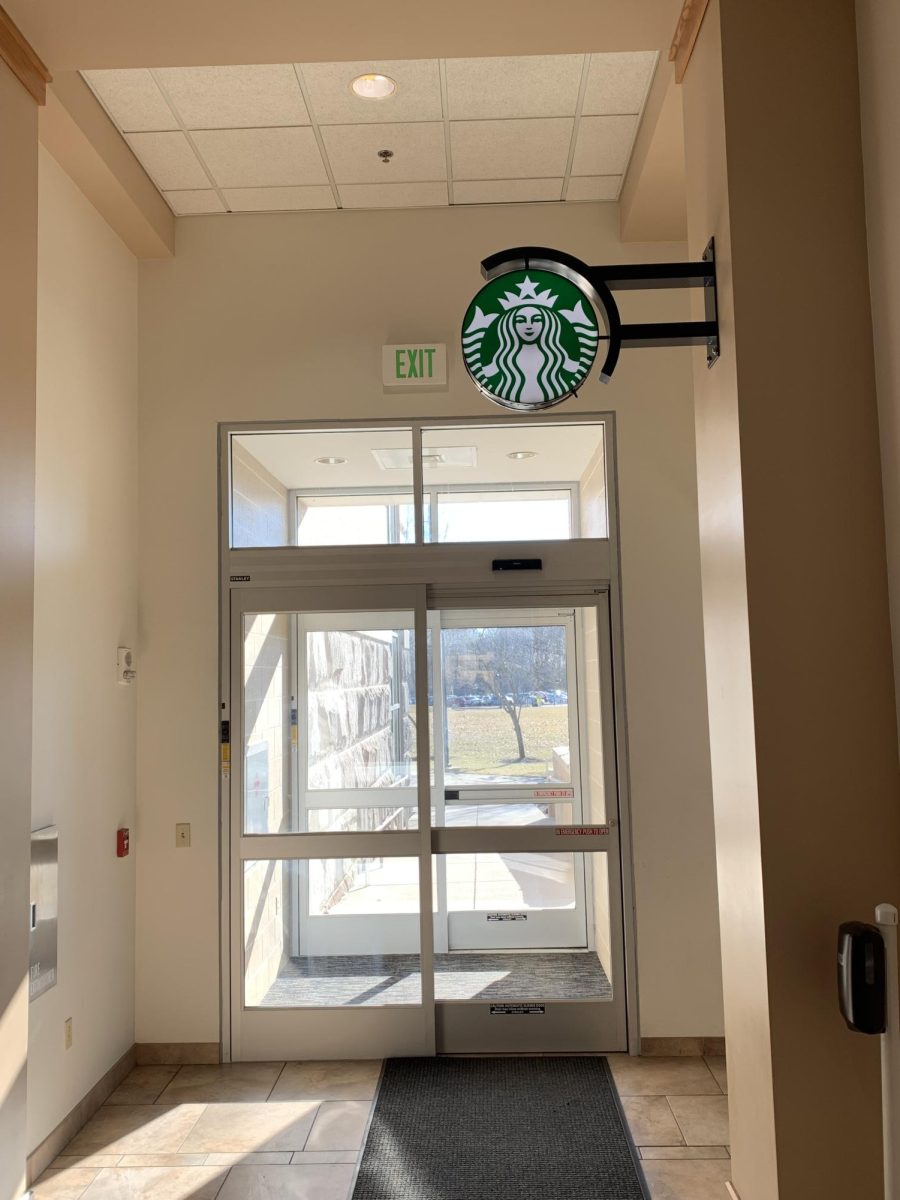Students and faculty have shared their thoughts on the Starbucks boycotts following the continuing conflict between Israel and Palestine after the Oct. 7 attacks.
Following the Hamas-led series of armed incursions in the Gaza Strip and rockets launched against Israel in the early morning of Oct. 7, 2023, an armed conflict between Israel and Hamas began, according to the Associated Press.
President Joe Biden issued a statement to condemn the terrorist attacks Oct. 7 and affirmed the United States’ support for Israel and its right to defend itself.
Oana Armeanu, associate professor of political science, said the boycott started before the war in Gaza as a result for workers’ rights at Starbucks.
“There are more boycotts because the workers at Starbucks posted a pro-Palestinian message on their Facebook,” Armeanu said. “Work conflict started between Starbucks and the unionized workers because of that, so it’s still going on in the courts.”
Armeanu said it’s hard to tell which way the boycotts are going to go.
“There are several dozen universities across the U.S. that Starbucks has been impacted by these boycotts, but there are others that haven’t been, so things could go either way here, but the boycott had an impact on Starbucks,” Armeanu said. “I was just reading that their shares have lost value, so Starbucks lost a lot, especially due to boycotts throughout the Middle East, not so much in the United States, but a little bit in the United States, though.”
According to a page on the Starbucks Stories website posted Dec. 29, 2023, the company has no political agenda.
Several students have shared their reactions to the boycotts.
Delaney Anthis, freshman exercise science major, said boycotts can be effective in numbers, but if not many people know about it, then “it is what it is.”
Kaylee Small, sophomore undecided, said she is “guilty” of supporting Starbucks at this time.
“I think it’s up to personal preference, and I think you do what you have to do to survive,” Small said. “I still like my coffee, and it’s convenient for me. That’s why I still get Starbucks, but I don’t like that they support Israel.”
Evelyn Solano Sanchez, sophomore nursing major, said she began boycotting Starbucks because she learned businesses were helping Israel and not Gaza.
“Starbucks did originally have posts supporting Gaza but then removed them,” Sanchez said. “When Starbucks did remove their post, I realized my beliefs didn’t align with theirs and chose to remove my support of Starbucks.”
She said a friend told her that any way helps and actions speak louder than words.
“I started boycotting Starbucks around the middle of November,” Sanchez said. “For right now, I just hope that Starbucks as a brand begins to realize that a ceasefire is so important right now, and with support from them, it could happen.”
Shriya Naraya, freshman mathematics major, said she can understand why people support the boycotts.
“I’m not sure how effective it always is just because sometimes people tend to ignore it,” Naraya said.




